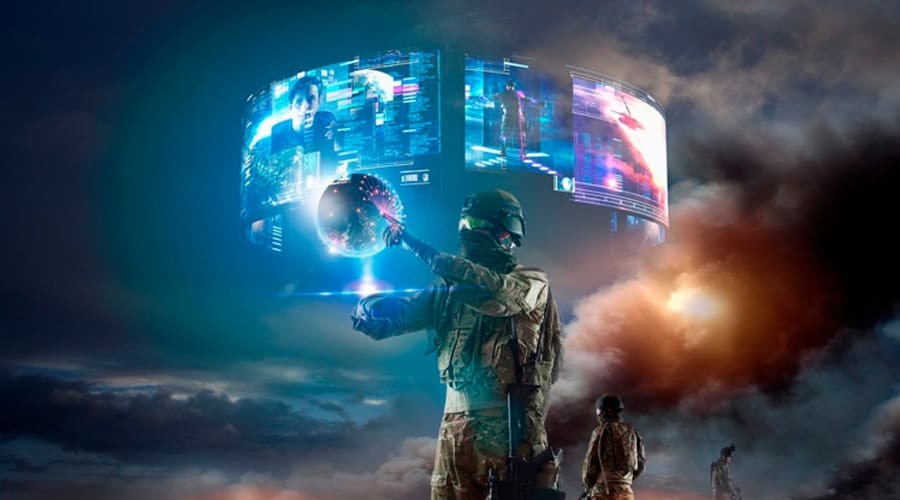Comments
- No comments found

Artificial intelligence (AI) is changing the way wars are fought and altering the nature of warfare itself.
From autonomous weapons systems to predictive analytics, AI is revolutionizing the military and transforming the battlefield. In this article, we will examine the ways in which AI is changing the way wars are fought and the implications of these changes for the future of warfare.
One of the most significant ways in which AI is changing the way wars are fought is through the development of autonomous weapons systems. These are weapons systems that are able to operate without human intervention, such as drones and robots. Autonomous weapons systems have the potential to greatly increase the speed and efficiency of military operations, as they can operate 24/7, and are not limited by human capabilities such as fatigue. Additionally, they can also be used in situations that would be too dangerous for human soldiers, such as reconnaissance missions in hostile territory.
Another way in which AI is changing the way wars are fought is through the use of predictive analytics. Predictive analytics is the use of data and algorithms to predict future events. In the military, predictive analytics can be used to analyze patterns in enemy behavior and identify potential threats. This can help military commanders to make better-informed decisions and respond more quickly to emerging threats. Additionally, predictive analytics can also be used to predict the outcome of battles and optimize the deployment of military resources.
Artificial intelligence plays a big role in enhancing situational awareness in the battlefield. For instance, a new AI-powered surveillance system can be used to analyze live video feeds from drones, satellites, or ground-based cameras, providing commanders with real-time information about the battlefield. This can help military commanders to make better-informed decisions and respond more quickly to emerging threats.
AI can be leveraged to improve logistics, supply chain management and logistics support. AI-powered logistics systems can analyze data on logistics operations, such as inventory levels, transportation routes, and weather conditions, to optimize the delivery of supplies to troops. Additionally, AI-powered logistics systems can also be used to predict future logistics requirements, allowing military commanders to plan and prepare for future operations.
Moreover, AI can be used to improve the accuracy and speed of missile defense systems. AI-powered missile defense systems can analyze data on incoming missiles, such as their trajectories, and use this information to quickly and accurately target and intercept the missiles. Additionally, AI-powered missile defense systems can also be used to predict the trajectory of incoming missiles, allowing military commanders to prepare for potential attacks.
However, there are also concerns about the implications of AI in warfare. One of the main concerns is that autonomous weapons systems could malfunction or be hacked, leading to unintended consequences. Additionally, there are also concerns that the use of AI in warfare could lead to an arms race, as countries compete to develop the most advanced AI systems.
Another concern is that the use of AI in warfare could lead to a loss of human control over the battlefield. Autonomous weapons systems, for example, can operate on their own, and the decision-making process of these systems may not always be transparent or accountable. This could make it difficult to understand how and why certain decisions were made and could make it difficult to hold individuals or organizations accountable for the actions of these systems.
The increasing applications of AI in warfare raises ethical concerns. As AI systems are capable of making decisions, there is a risk that these systems may not be able to distinguish between combatants and non-combatants, potentially leading to civilian casualties. Additionally, there is also a risk that AI-powered weapons systems may be used in ways that are not in compliance with international law.
Leave your comments
Post comment as a guest